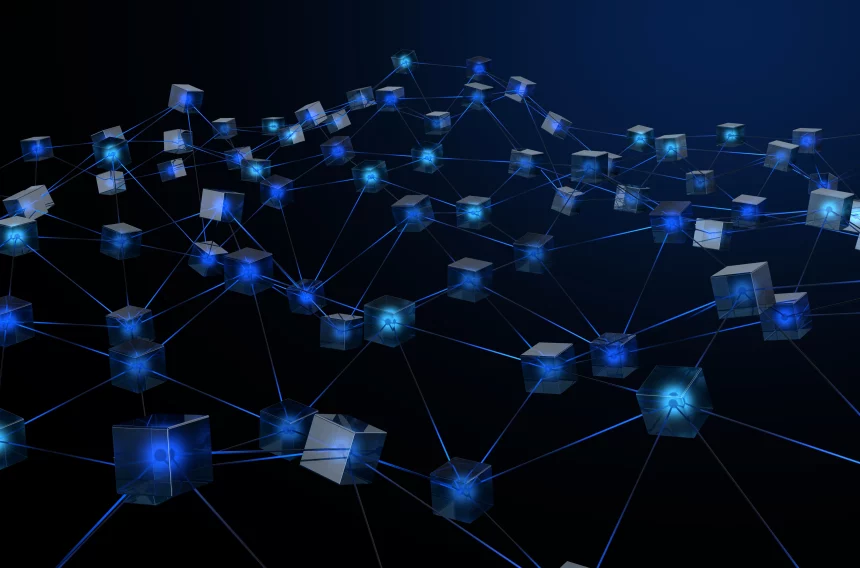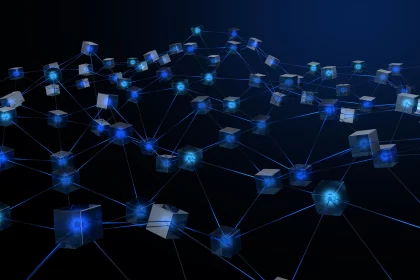BLACKSBURG — Over the past three years, artificial intelligence technology has progressed in ways that used to be relegated to science fiction.
Any person with an internet connection can use generative AI services like Deep Dream Generator or ChatGPT to create images and text based on nothing but a brief description and a set of modifiers.
But the new tech is controversial and is sparking a lot of discussion on issues such as copyright law, plagiarism and the many ways people might use generative AI to do their work for them. The applications — and the views surrounding it — are changing rapidly, from day-to-day to week-to-week.
One of the biggest concerns many people voice, especially at colleges such as Virginia Tech, is that the technology opens all sorts of new avenues for academic dishonesty.
What’s to stop a Virginia Tech student from writing a paper entirely through ChatGPT? According to Jill Sible, the associate vice provost for undergraduate education, it’s a combination of the current limits of the technology, and Virginia Tech’s review process.
“A lot of people on our campus are starting to learn how to use AI in different ways, seeing a lot of its promise but also its limitations,” Sible said. “You can usually spot that something was written using AI and if misconduct is suspected, the work is thoroughly reviewed.”
Suspected misconduct is reviewed by a panel, and that the panel would include people who have background on generative AI and how it works, Sible said.
Many students at Virginia Tech speak openly about the limits of AI for doing anything other than augmenting their work.
Especially for engineers, whose work often involves writing code, AI can’t really create finished work, according to some students.
One student, a mining engineering major, said that they use the tech very sparingly in coursework, mostly to help reinterpret instructions for math work.
“AI can clarify the approach for how to solve something, so that even though its solution to the problem is wrong, you can learn a lot about the method for solving it,” the student said.
Allison Pitzl, an electrical and computer engineering major at Virginia Tech, said that AI is useful for answering questions about common math concepts without having to spend hours scouring a textbook or searching online.
“ChatGPT has an advantage over human instructors because I don’t feel like I’m bothering somebody by asking it to clarify certain points,” Pitzl said. “And it doesn’t care that I’m asking at 4 a.m.”
With this in mind, many professors at Virginia Tech have begun incorporating AI into their instruction.
Cayce Myers, the director of graduate studies in the School of Communication, said that he works to incorporate generative AI into all of his classes, allowing his students to learn how to use a tool that he feels will be a major part of the future of all communications careers.
“A lot of people in this field worry that AI is going to replace them,” Myers said. “I don’t think that’s true, but I do think that communications professionals who know how to use AI are going to be in a better position than people who don’t, going forward.”
According to Myers, AI’s limitations make it incapable of doing things like writing news stories or press releases. One limitation he focused on in particular is something called “hallucinated content.”
“When tasked with writing something, like a press release, the software will often do things like just create a speaker, or create a quote that someone didn’t say,” Myers said.
Other big concerns, especially for AI image generators like Google’s Deep Dream Generator, have to do with copyright.
AI image generators create images from an amalgam of works by photographers and artists. Large portions of work by artists could be reproduced without the artists themselves seeing any money for the reproduction.
Many of Deep Dream Generator’s built-in modifiers have to do with reproducing art “in the style of,” various popular artists.
Many of the engineering students consulted for this article specified that, while they didn’t feel much concern that AI could do their jobs for them, they knew that many students whose fields are more creativity-focused might be more concerned about being replaced.
Many artists have made serious accusations of copyright infringement and “art theft” pertaining to AI art generators, which is one of many factors that has led to polarizing opinions about generative AI.
Researchers at Virginia Tech’s Pamplin College of Business recently conducted a study to determine how political values affect people’s opinions on AI. Specifically, the study outlined how media outlets portray AI based on their perceived political leaning.
The study found that, while both left- and right-leaning news outlets have a fair amount of distrust for AI, more left-leaning publications tend to have a worse opinion on the technology.
Angela Yi, a Ph.D candidate and one of the people who organized the study, said that the findings at least partially align with the social values of news outlets.
“More left-leaning people tend to be more concerned with AI’s propensity to use art without credit, and de-emphasize marginalized voices,” Yi said. “People with more liberal values tend to emphasize issues of social justice more than conservatives.”
However, while AI remains polarizing, and creates big concerns for people who work in the arts, as an educational tool, people such as Myers believe it may be invaluable.
“I think that AI can help to lower the barrier for people who are learning how to read and write,” Myers said. “AI is a valuable tool for educators.”
Payton Williams
(540) 981-3126
payton.williams@roanoke.com
Tags Education Job Market Art Computer Science Law Sociology Politics Journalism Publishing Criminal Law School Systems University Photography Media And Communication Telecommunications Automation Engineering Linguistics Ethics Want to see more like this?
Get our local education coverage delivered directly to your inbox.
Sign up! * I understand and agree that registration on or use of this site constitutes agreement to its user agreement and privacy policy. Payton Williams Author email Follow Payton Williams Close Get email notifications on {{subject}} daily! Your notification has been saved. There was a problem saving your notification.
{{description}}
Email notifications are only sent once a day, and only if there are new matching items.
Save Manage followed notifications Close Followed notifications Please log in to use this feature Log In Don’t have an account? Sign Up Today



